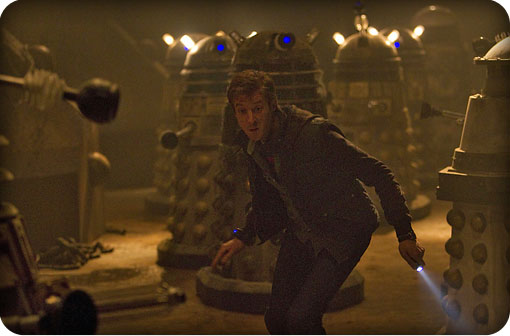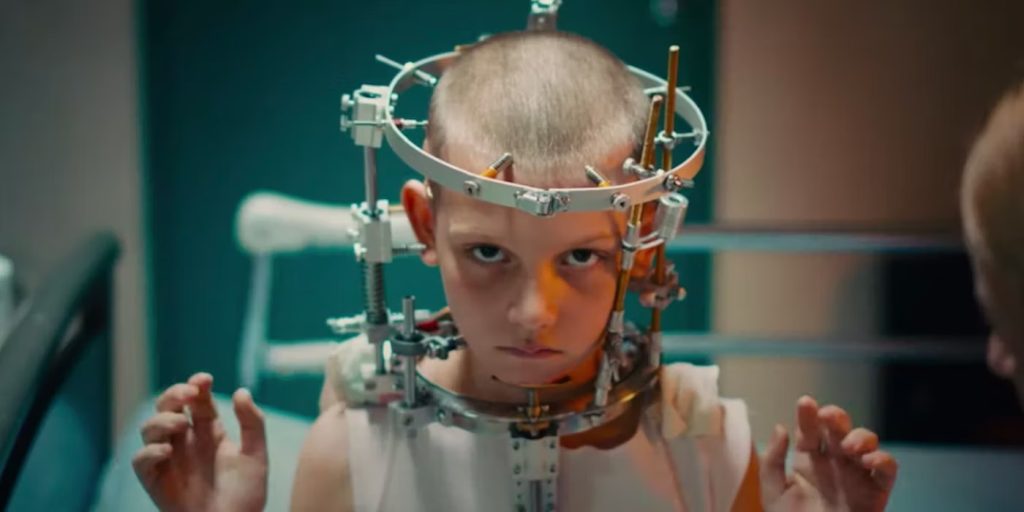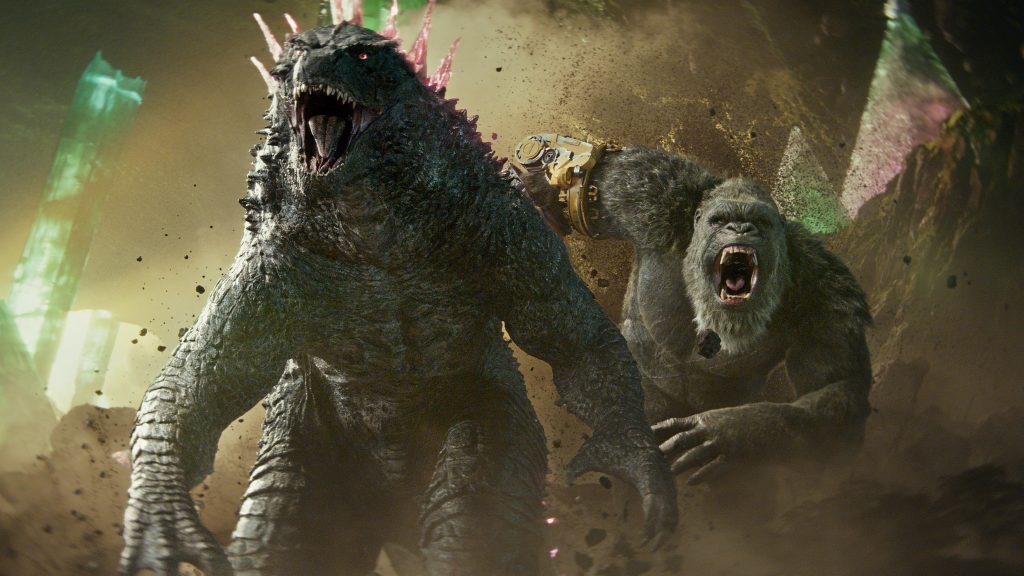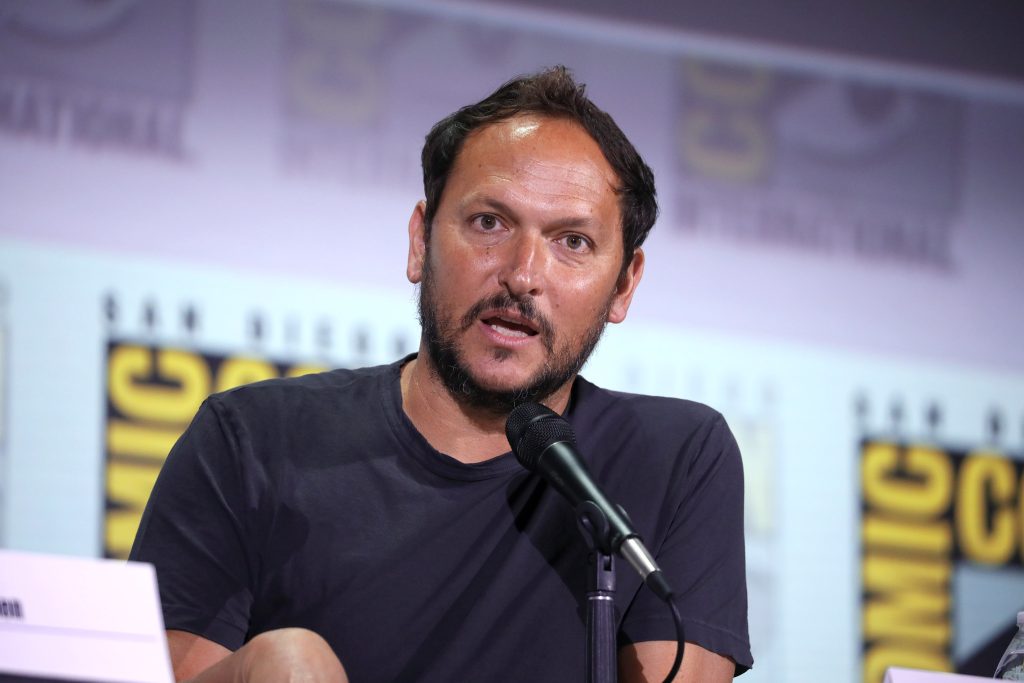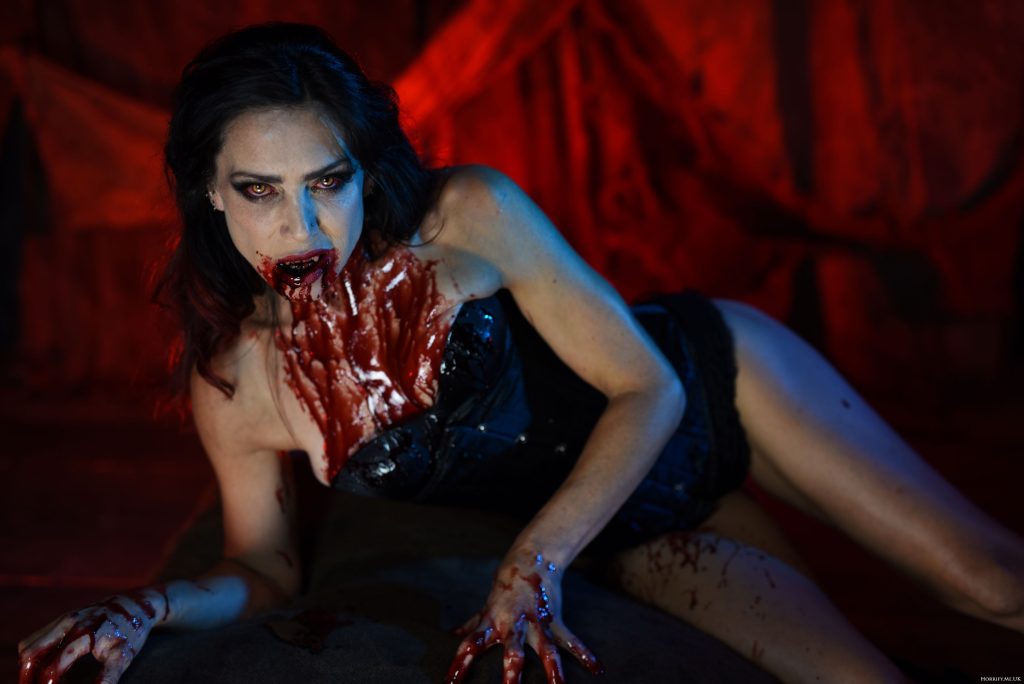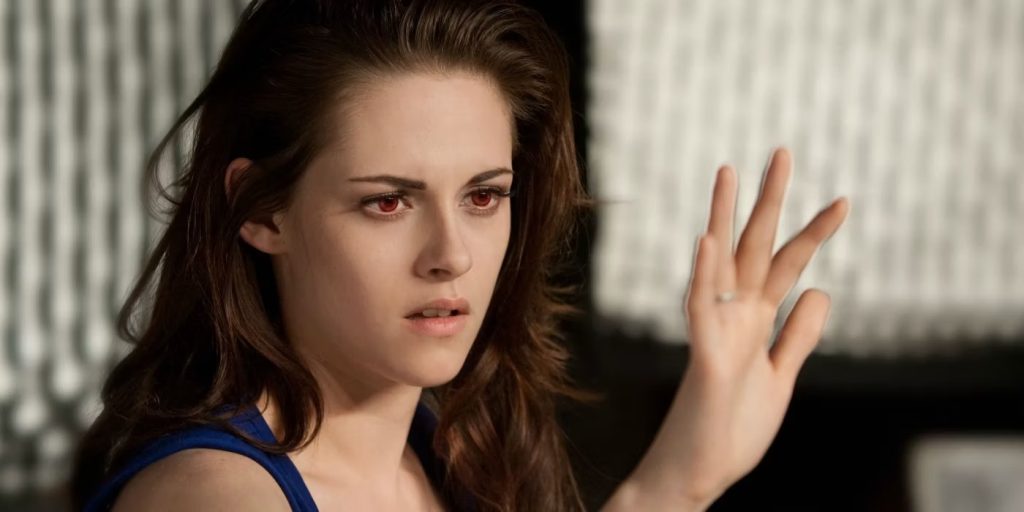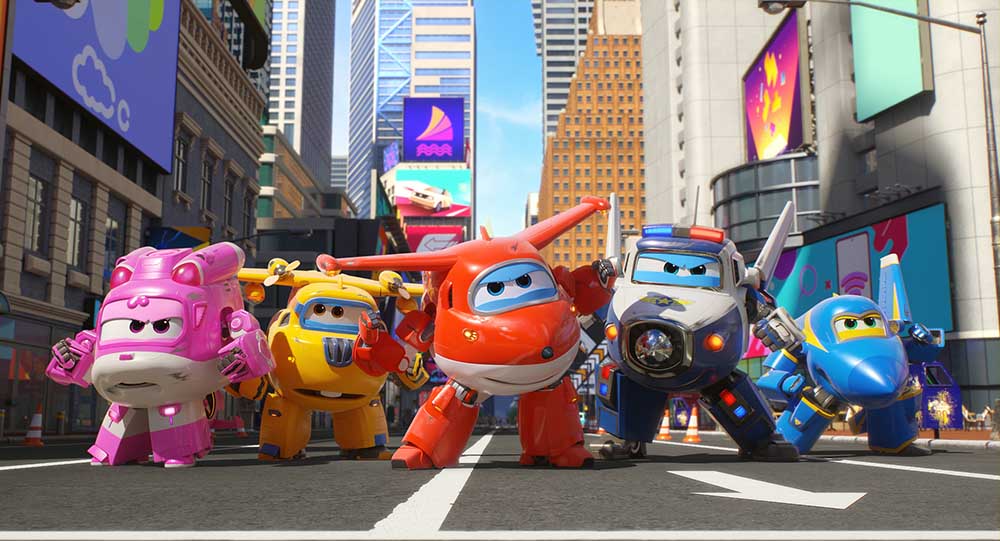
There’s a moment in Asylum of the Daleks where the Doctor tells Amy and Rory just exactly how much trouble they’re in. “On a scale of one to ten,” he says, and then pauses. And continues to pause. And really milks the pause. And then, rather than say anything unexpected or clever or funny, tells them, “Eleven.” Which kind of sums up everything that’s good and bad about Asylum of the Daleks in a nutshell; all that waiting, all that expectation (this has been, after all, the longest wait between episodes of Doctor Who since the series returned in 2005 – even taking in the Specials year) – and at the end of it, the episode we get isn’t quite as unexpected, as clever or as funny as it maybe thinks it is.
Steven Moffat’s never written “proper” Doctor Who before, you see. Doctor Who, that is, in which the Doctor comes up against a villain or monster with which he has to engage both physically and intellectually. We’ve had the statues that move and the shadows that eat you, the monsters you forget and the clockwork droids that hide under your bed, the cracks in the wall and the giant space whale. But Moffat has never previously tackled anything like a Dalek story, a story in which the Doctor and his companions aren’t at the centre of the plot, the total focus of the storytelling, and around whom everything else is in orbit – and of considerably less importance. Steven Moffat has never previously tackled an episode in which the villains get an equal amount of screen time, an equal amount of dialogue, and an equal amount of significance.
And of course, he still hasn’t now.
Which is, of course, is exactly what we should have expected.
The one genuine surprise in the entire episode (which was, nevertheless, filled with some gloriously Moffaty moments) was one which only worked because we’ve already heard so much about the Doctor’s next companion so far in advance of the current ones’ imminent departure. In any other television series, in a series for which the fans and the press aren’t gagging for information about the characters’ future quite so eagerly as they do with Doctor Who, the inclusion of Jenna-Louise Coleman as Oswin would have been something quite ordinary here and something quite surprising later on, upon her return. It’s our impatience to know what’s forthcoming that turns her appearance in Asylum of the Daleks into such a revelation. Talk about timey-wimey.
Coleman looks good, though. Aside from the fact that the character seems set to become yet another sassy sidekick, out-quipping the Doctor in exactly the same Steven Moffaty manner as both River Song and Amy Pond before her, Jenna-Louise looks relaxed in the role and comfortable with Moffat’s trademarked dialogue (a few early wobbles aside – doubtlessly caused by Coleman probably having to record her entire part entirely separately from the rest of the production, and presumably to somebody like Marcus Wilson reading in the Doctor’s lines, too), and crucially, considerably less brusque than Karen Gillan was during her first series. She’s going to be a delight to have around during the anniversary year. The revelation that Coleman’s character is in fact a Dalek (a surprise that it wasn’t hard to see coming, even if our foreknowledge of her later return served as a red herring against our working this out – and much the same surprise ending that Moffat sprung in Forest of the Dead, in fact) was neat, although perhaps it would have played even better if her character had been nothing more than a regular Dalek hallucinating that it was human, rather than a human who had become a Dalek without realising it. That really would have necessitated the other Daleks in the asylum locking her up and throwing away the key, for in Dalek terms, you probably couldn’t get any more insane than that.
On the other hand, for all the pre-transmission talk of just how insane the Daleks who even the other Daleks consider too insane to remain free must be, there’s very little evidence of this once we get to the asylum. They’re all a bit sleepy and covered in cobwebs, and they’ve lost their balls. And that’s about it. (Russell T Davies probably did it better with Dalek Caan in Journey’s End, if truth be told.) There’s a brilliant comic moment with Rory as one of them wakes up (much better than the considerably less brilliant “Eggs, stir, minute” joke that not only requires the audience not to recognise that “Eggs” is also the first syllable of the most famously uttered phrase in all of Doctor Who, but also convolutes itself incredibly to pay off in the scene in which the real Oswin gets unveiled), but apart from that they really don’t come across as all that mad – or all that dangerous either.
And as for the “old” Daleks… If we hadn’t seen the camera glide briefly past the Special Weapons Dalek (in long-shot!) and a quick spin from the Emperor’s Guard Dalek (circa 1967 – obviously chosen for this sequence because it was Matt Smith’s favourite model), the classic series Daleks may as well not have been there. How nice it would have been if the “Reverse!” sequence could have involved a Genesis model rather than yet another New Series Dalek instead. The line of dialogue invoking Exxilon and Spiridon and Kemble might have been an old school Doctor Who fan’s most disappointing moment since the series returned, with the camera staying glued to a bunch of modern Daleks throughout. It’s small consolation that the New Dalek Paradigm (with the sole exception of the white Supreme) are relegated to extras in the Dalek Parliament sequence, although it’s this extended scene (and its very brief bookender at the story’s conclusion) that points up just how little plot Asylum has; when it boils down to it, the Daleks send the Doctor on a mission to turn the electricity off. That’s really all there is.
Not that Asylum of the Daleks is in any way a bad episode of Doctor Who. There are plenty of innovations to the lore (the Dalek agents with eye-stalks popping out of their heads and gun-sticks in their hands seem guaranteed to give the junior members of the audience plenty to play-act in the playground once school is back) and, although the characters are somewhat sidelined by their successor’s early appearance, Steven Moffat gives the Ponds a significant character development. There’s a certain logic to a relationship that was essentially born and bred in time and space fighting monsters and putting worlds to rights, somehow not being able to cope with the mundanity of everyday life, and the divorce scenario as pre-empted by Chris Chibnall’s delightful Pond Life mini-episodes seems a natural enough place to begin proceedings. And the scene in which Amy’s reasons for kicking Rory out, and the strength of the two characters’ feelings for one another becomes apparent is beautifully written and performed. It’s a pity the Ponds couldn’t have addressed this at slightly more length, as the inevitable result felt slightly too easy to arrive at, but that’s the 45-minute episode format for you, and it’s hard to argue with that. The fact the all three regulars are less sparky than usual during this episode is therefore entirely logical and forgivable, even though it’s a rather odd choice for the showrunner to make, muting his main characters in the curtain-raising spectacular.
And spectacular is the right word. The early scenes shot in Spain (a last-minute addition to the filming schedules) are gorgeous, and the sets for the asylum planet are suitably spooky and grand, but neither of these can compete with the sheer spectacle of the Dalek Parliament – and the sheer oddness of the Daleks pleading “Save us!” at the Doctor. Asylum of the Daleks feels like nothing so much as the Aliens to Robert Shearman’s Dalek’s Alien, its setting this underground facility teaming with monsters – but it might have worked so much better if there had been a team of grunts for the Daleks to pick off one by one. Because essentially, at the episode’s end, “everybody lives” once again, and that’s not really what you want from a Dalek story. Steven Moffat loves to send his regulars on a mission, but from time to time forgets that unless you give them some sidekicks who won’t make it to the end credits, then the threat can be very hard to qualify. The Dalek zombies did work really well though, and that scene in particular will give kids nightmares over the next few nights. Rather like the “haunted room” segment of The Eleventh Hour, you do wish Moffat had made considerably more of it; it’s like a great idea has been rather thrown away.
Then there’s the denouement. Just like Victory of the Daleks, it feels once you get to the end of the episode that the entire story has been a preamble to the introduction of a new phase for the Daleks; in this case, the wiping from their memories of all knowledge of the Doctor. It’s a repeat of the last scenes of The Wedding of River Song (even down to the episode closing with one of the characters repeating the phrase “Doctor… Who?” as some kind of a mantra), and yet another Moffat-patented reset. But I’m not entirely sure what to make of it. Surely the Daleks ought to have been in the same place as everyone else at the end of Series Six, believing the Doctor to be dead, and that makes Asylum of the Daleks feel even more like an exercise in treading water. And dramatically speaking, the Doctor forgetting who the Daleks are would have made for a much more interesting future relationship between the two, than what we get here; the Daleks never do defeat the Doctor anyway, and now he has even more of an upper hand.
On the whole, and in spite of some fantastic acting, some great ideas and some memorable sequences, Asylum of the Daleks isn’t quite the romp we might have hoped for to launch Series Seven. It will in all likelihood turn out to be more of a slow-burning delight, but just for now, my reaction is to be slightly less than whelmed. The most disappointing thing is that after the lunatic antics of Let’s Killer Hitler and The Wedding of River Song, Steven Moffat promised us something even more insane, and presented us with something that was considerably less mad.


